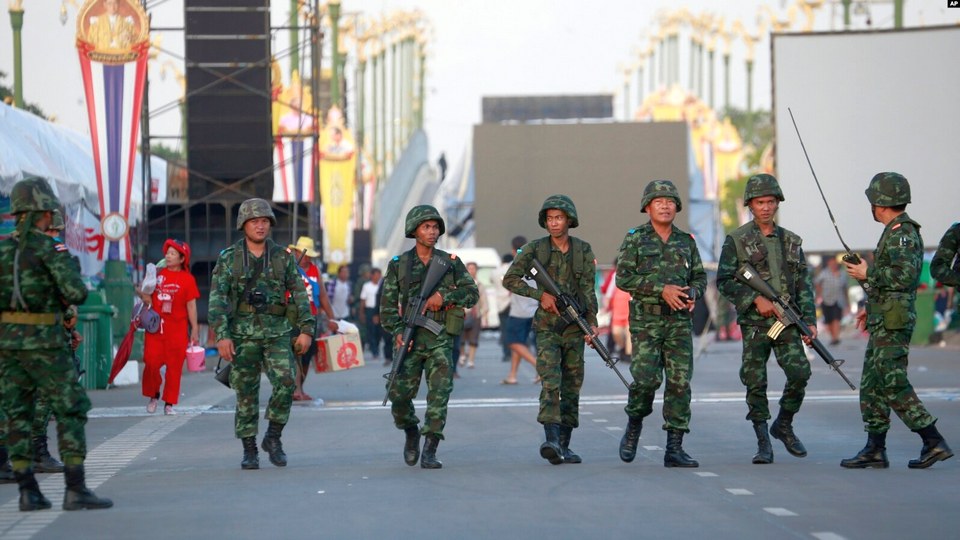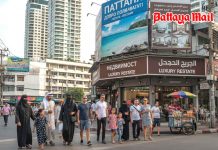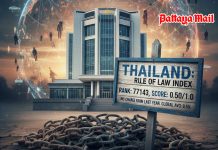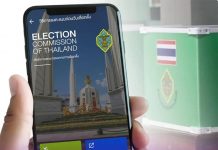
Opposition to the Pheu Thai proposals to deter another military coup is so strong that they have no chance of surviving in Parliament. The Bhumjaithai Party, led by interior minister Anutin Charnvirakul and a key coalition party, has attacked the plans as irrelevant as do two other smaller, military-backed parties United Thai Nation Party and Palang Pracharat. Even some Pheu Thai MPs have expressed reservations and the bill’s sponsor has said he may withdraw it.
The proposals would amend the Defence Ministry Administration Act by requiring Cabinet approval for senior military posts and indemnifying soldiers who refuse to carry out putsch-related orders. A website public survey, to end on January 1, currently has far more respondents against the proposals than for them. Some members of the public even stated that the bill, if ever it became law, might provoke the very military putsch Parliament was trying to deter.
The recent failure of the self-coup in South Korea, where House of Representatives members voted down the declaration of martial law, momentarily boosted the idea that legislation might succeed in Thailand too. But the coup attempt in Seoul was “soft” in nature and allowed parliamentarians to enter the building after a brief fire-extinguisher squirt struggle with soldiers. Such a spectacle in Bangkok is beyond the parameters of belief.
As Wissanu Krea-ngam,, a former deputy prime minister in Thailand commented, Bangkok coups are much “harder” than in the recent South Korean example. Recent Thai coups in 1991, 2006 and 2014 have been virtually bloodless, but army control of Bangkok was absolute in the last one even before army leader Prayut Chan-o-cha announced he was taking the supreme power. The general then ordered potential adversaries to attend “attitude adjustment” seminars. None thought it necessary to attend a second lecture before going tactfully silent.
Several coalition members in Bangkok have stressed that parliamentary acts won’t actually prevent a coup. The first action of coup makers here is instantly to suspend the constitution and replace it with diktat orders and martial law. Recent coups in Thailand also had royal endorsement. Whilst the motives behind the anti-coup bill are logical, the only way to prevent coups is for politicians not to create the conditions which the military can use as an excuse.










